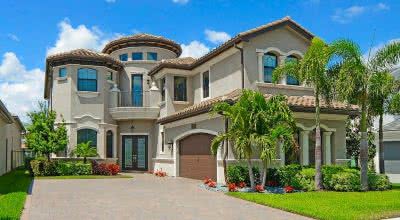Betekenis van het woord estate in het Nederlands
Wat betekent estate in het Engels? Ontdek de betekenis, uitspraak en specifiek gebruik van dit woord met Lingoland
estate
US /ɪˈsteɪt/
UK /ɪˈsteɪt/

Zelfstandig Naamwoord
1.
landgoed, domein
an extensive area of land in the country, usually with a large house, owned by one person, family, or organization
Voorbeeld:
•
The family owned a vast country estate with acres of farmland.
De familie bezat een uitgestrekt landgoed met hectaren landbouwgrond.
•
The royal estate includes several palaces and gardens.
Het koninklijke landgoed omvat verschillende paleizen en tuinen.
Synoniem:
2.
nalatenschap, boedel
all the money and property owned by a particular person, especially at death
Voorbeeld:
•
His entire estate was left to his children.
Zijn hele nalatenschap werd aan zijn kinderen nagelaten.
•
The lawyer is handling the deceased's estate.
De advocaat behandelt de nalatenschap van de overledene.
3.
wijk, terrein
a group of houses or factories built in a planned way
Voorbeeld:
•
They live on a housing estate on the edge of town.
Ze wonen op een woonwijk aan de rand van de stad.
•
The new industrial estate will create many jobs.
Het nieuwe industrieterrein zal veel banen creëren.
Synoniem:
4.
staat, fase, stand
a particular state, period, or condition of life
Voorbeeld:
•
He reached the third estate of his life, old age.
Hij bereikte de derde fase van zijn leven, de ouderdom.
•
The four estates of the realm were traditionally the clergy, nobility, commoners, and the press.
De vier standen van het rijk waren traditioneel de geestelijkheid, adel, burgers en de pers.
Leer dit woord op Lingoland